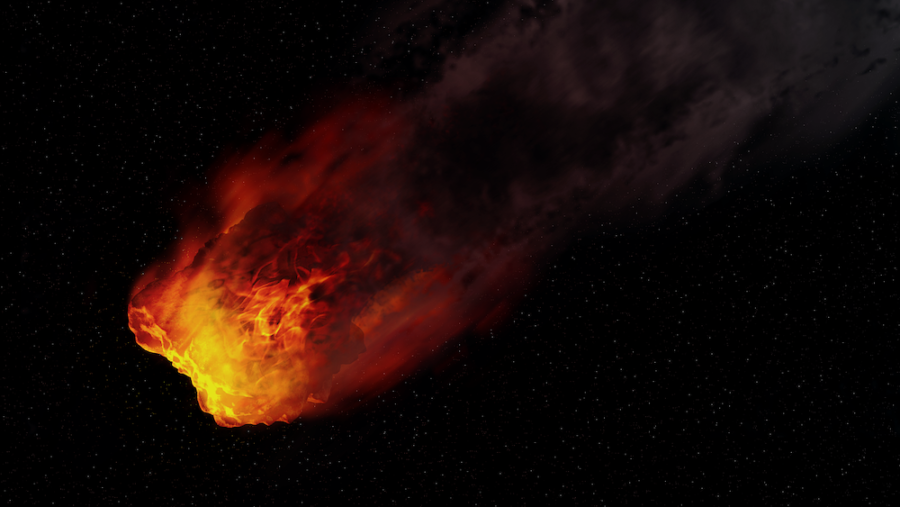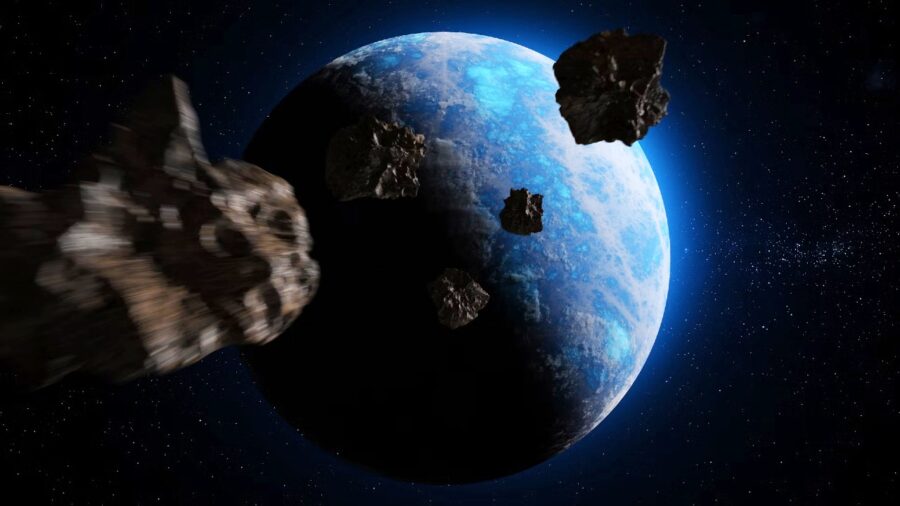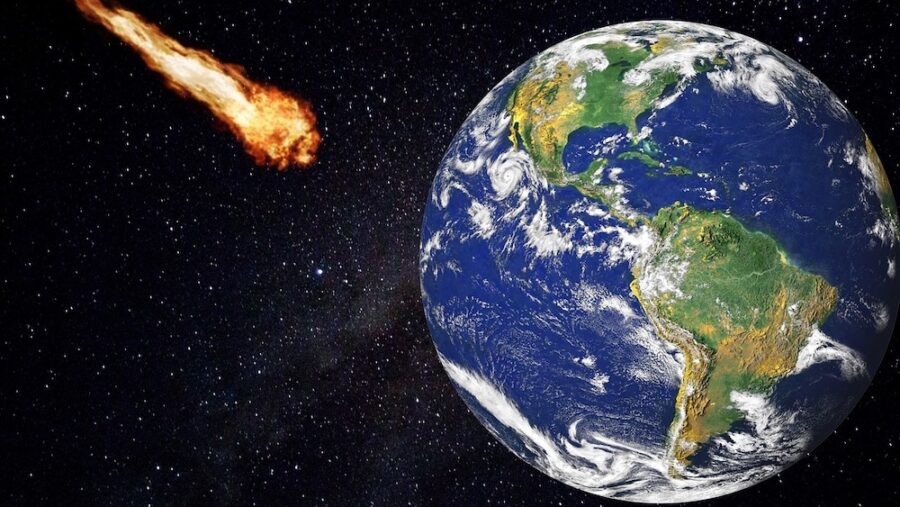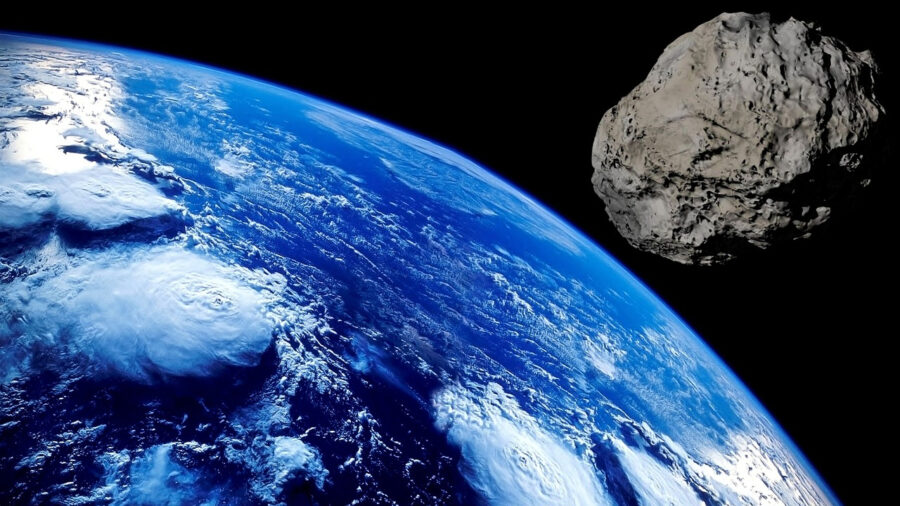By Jacob VanGundy
| Published

Several asteroids will pass by Earth in the next few days, some of them getting shockingly close in astronomical terms. These space rocks join several others that missed our planet on October 24. With such a high density of passing celestial objects, it’s obvious why NASA is keeping such close tabs on their trajectories.
Five asteroids are on a trajectory to zoom past the Earth between now and October 28. NASA’s watch team is tracking them all, monitoring the approaches of these potentially dangerous space rocks. The team runs an online dashboard that makes information like the size, distance, trajectory, and date they’ll pass Earth available to the public.
One Day, Three Asteroids

October 26 will have the most activity in the coming days, with three asteroids passing by our planet. These meteors range from 64 to 110 feet in diameter, with the smallest being labeled as “house size,” while the two larger rocks are called “airplane size.” The smallest of these will come the closest to Earth, a mere 132,000 miles away at its closest point.
On October 27 and 28, we will see a single passing asteroid each, including another near miss. On October 27, an airplane-sized space rock will pass by the Earth at 2.4 million miles away. Another smaller rock about the size of a bus will get much closer, 148,000 miles away at its closest point.
A Busy Month for Asteroids

All of this activity is coming on the heels of an even more active day, with four asteroids passing by the Earth on October 24. The upcoming rocks will be much closer to the Earth, with none coming closer than 2.8 million miles away on October 24. However, the space rocks on October 24 were much bigger, reaching skyscraper-sized, with the largest having a radius of 580 feet.
Large asteroids like the ones that passed on October 24 are of particular concern for scientists as they could cause major catastrophes. The skyscraper-sized space rocks are referred to as “city killers” because they could destroy a several-mile-wide area if they hit our planet. Even more concerning are massive “planet killers,” which are large enough to disrupt the entire Earth.
Close Calls

Two of the asteroids that passed by on the 24 were particularly concerning because NASA discovered them less than a month before they passed. Tests have proven that rockets can be used to deflect dangerous space collisions, but those take time to prepare. Recent drills designed to test the international response to these types of disasters showed that the space community is ill-equipped to deal with these problems on short notice.
The concentration of so many potentially dangerous asteroids coming so close to the Earth is alarming, even if none of them are on a path to collide with our planet. Now that scientists can divert these collisions with rockets, it’s more important than ever to monitor them closely. It’s only a matter of time before one of these massive rocks is on a collision course with Earth, but if it’s detected soon enough it’s a disaster we may be able to avoid.
Source: NASA















